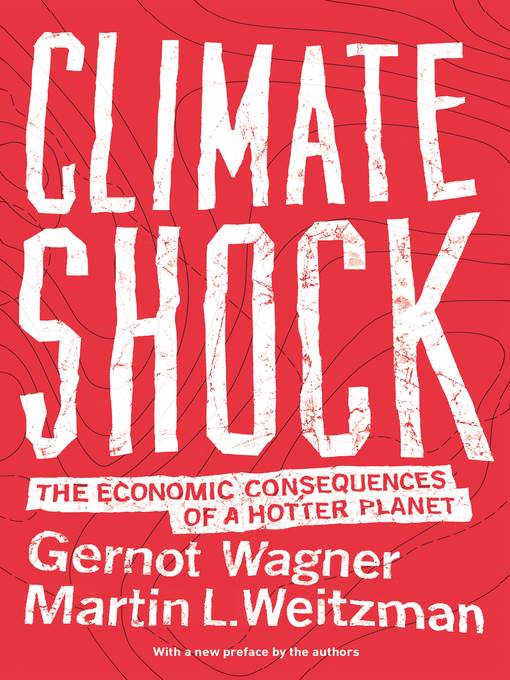
Climate Shock
The Economic Consequences of a Hotter Planet
کتاب های مرتبط
- اطلاعات
- نقد و بررسی
- دیدگاه کاربران
نقد و بررسی

January 1, 2015
"Most everything we know tells us climate change is bad. Most everything we don't know tells us it's probably much worse." So observe Environmental Defense Fund economist Wagner (But Will the Planet Notice?: How Smart Economics Can Save the World, 2011, etc.) and Weitzman (Economics/Harvard Univ.; Income, Wealth, and the Maximum Principle, 2003, etc.) in this dismal-science look at a very dismal subject indeed.Of course, the authors add, just because something is bad doesn't mean it's hopeless, and humans have adapted technologically to dangerous situations before. Wagner and Weitzman offer the case of New York City drowning in horse manure at the end of the 19th century, a problem whose fix came in the form of the internal combustion engine, which put draft horses out to pasture around the world. "No one predicted that particular invention at the time," they write. "And it didn't require much in terms of active policy intervention: invent car + find oil = Eureka!" Yet these are more fraught times, and we are in need of policy intervention, since the vaunted free market hasn't done much to self-correct to avoid the end of the world. As the authors note, taxes generally don't work as well as cap-and-trade incentives and disincentives in this Pigouvian world-if you don't know who Pigou is, this book may not be to your tastes. Yet taxes and other social schemes do have their place in deterring bad economic behavior, considering the rapidly rising costs associated with, say, polluting: By a recent estimate, the social costs of putting a ton of carbon dioxide into the atmosphere are somewhere between $25 and $40, the real question being who will pay the tariff in a world full of free riders, another concept that may make noneconomists' heads hurt. Specialized and a touch rarified but useful for policy workers in helping shape dollars-and-cents arguments about the environment and global climate.
COPYRIGHT(2015) Kirkus Reviews, ALL RIGHTS RESERVED.

























دیدگاه کاربران